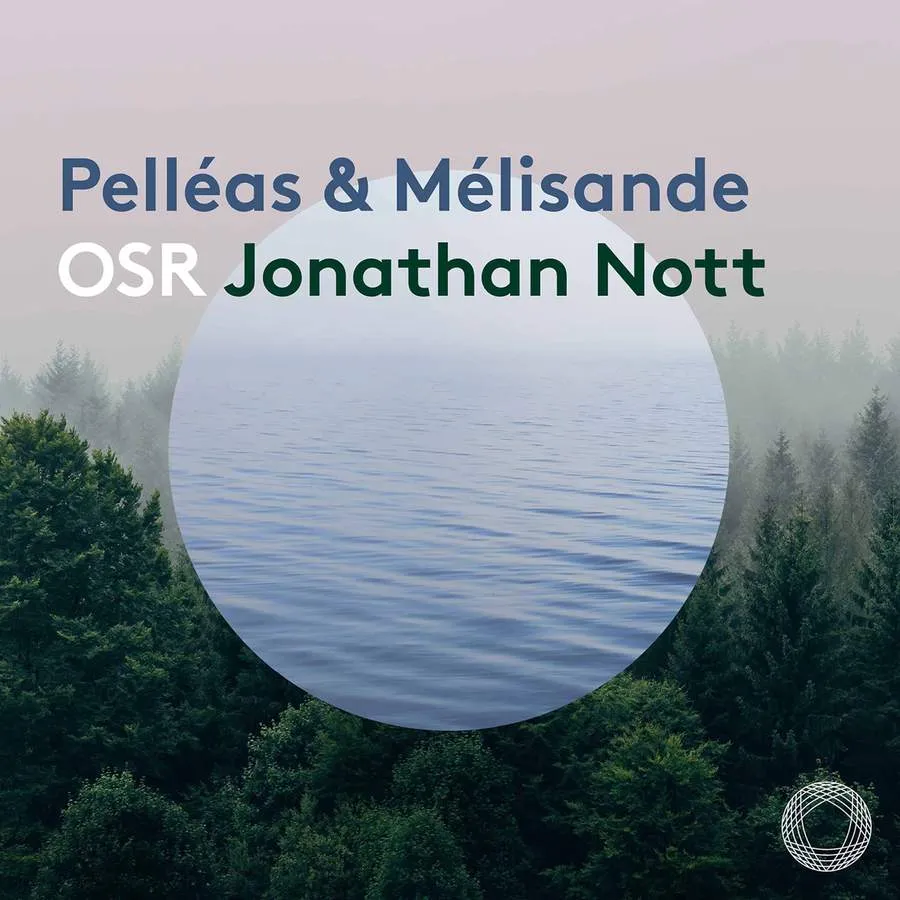
Debussy • Schoenberg Debussy: Pelléas et Mélisande (arr. J Nott); Schoenberg: Pelleas und Melisande Orchestre de la Suisse Romande/Jonathan Nott Pentatone PTC 5186 782 (CD/SACD) 89:15 mins
Maurice Maeterlinck’s play Pelléas et Mélisande drew a musical response from several leading composers of its time. The two major statements were Debussy’s opera and Schoenberg’s symphonic poem – each completed in the early 1900s within a few years of each other, with neither composer apparently being aware of the other’s project at the time. The artistic worlds occupied by each work – the understated symbolism and mystery then in vogue in Debussy’s Paris, and the high-octane late Romanticism of Schoenberg’s Vienna – are often regarded as polar opposites. This recording shows how, on the contrary, they can seem much closer to each other than you might expect.
Partly this relates to the Suisse Romande Orchestra’s playing style – likeably soft-grained by present-day standards – in both works. Another factor is Jonathan Nott’s convincing approach to the massive orchestral apparatus of Schoenberg’s score, whose expressive extremes and intricate technical workings here come across as more about lyrical appeal than flaring rhetoric. That said, there’s no shortage of intensity where required: the passage evoking the stagnant subterranean pools, in the legendary castle where the play is set, comes across with disturbing power. Nott’s orchestral suite arranged from Debussy’s opera is both substantial and imaginatively devised; it also has a built-in problem, since without the intersection of the speech-like, and in that way quite busy writing for the solo voices, the orchestral music by itself can’t help sounding rather static. That said, it is played here with a consistent loveliness that absorbs and appeals in its own right.
Malcolm Hayes
